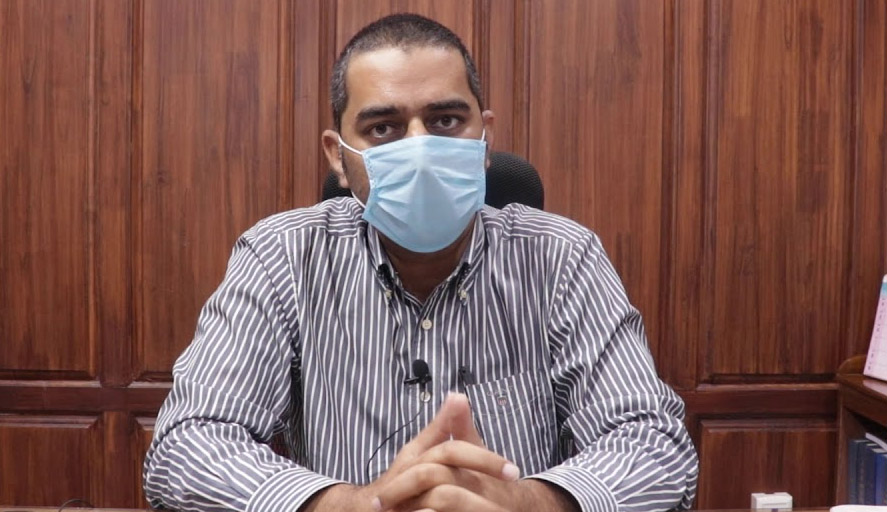JAMMU: The Jammu and Kashmir government has begun the first-ever survey and enumeration of the migratory tribal population for extending them the benefits of various welfare schemes, a senior official said on Saturday.
The first survey of the nomadic tribal population has been undertaken by J&K Tribal Affairs Department with a budgetary allocation of Rs 3 crore, he said.
The comprehensive survey of both the nomadic population and various under-developed tribal pockets in the Union Territory is being conducted in collaboration with the district administration and the Department of Census, TAD Secretary Shahid Iqbal Choudhary said.
He said the first survey to be conducted during the next three months would be followed by complete documentation and issuance of smart cards with all details to the people of nomadic tribes and others.
J&K government is initiating a series of welfare measures for the migratory population with a focus on education, health, livelihood, the convenience of migration and the improvement in livestock farming practices and their capacity building for the implementation of the Scheduled Tribes and Other Traditional Forest Dwellers (Recognition of Forest Rights Act) among many other initiatives, he said.
Choudhary said a survey of the migratory population at the arrival end — highland pastures — is being conducted to ascertain the complete details of families enabling the department to extend required developmental, livelihood and welfare support starting the current financial year.
Separately, details of village-wise tribal population along with their socio-economic and educational status have also been sought by the department from district deputy commissioners for better planning of schemes aimed at their targeted development, he said.
The officer said the survey would cover intra-district, inter-district, inter-province and inter-state migration of nomadic population which largely includes Gujjars and Bakkerwals while in some districts Gaddis, Sippis and other tribes also migrate.
The first step after the completion of the survey is aimed to be initiating measures for strengthening migratory schools, the establishment of hostels, new residential schools apart from other interventions proposed in the health, livelihood and livestock husbandry sector, he said. (AGENCY)


